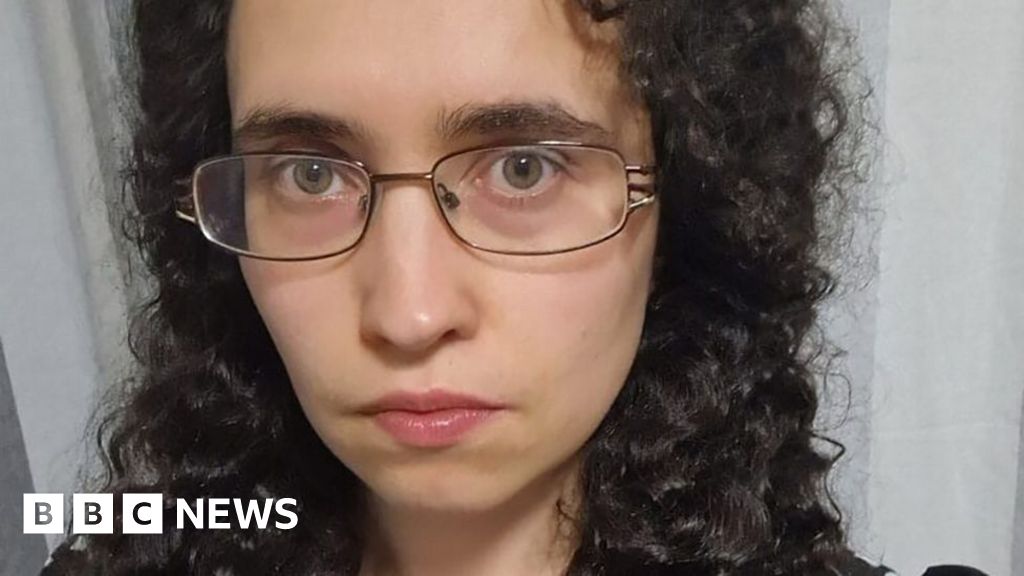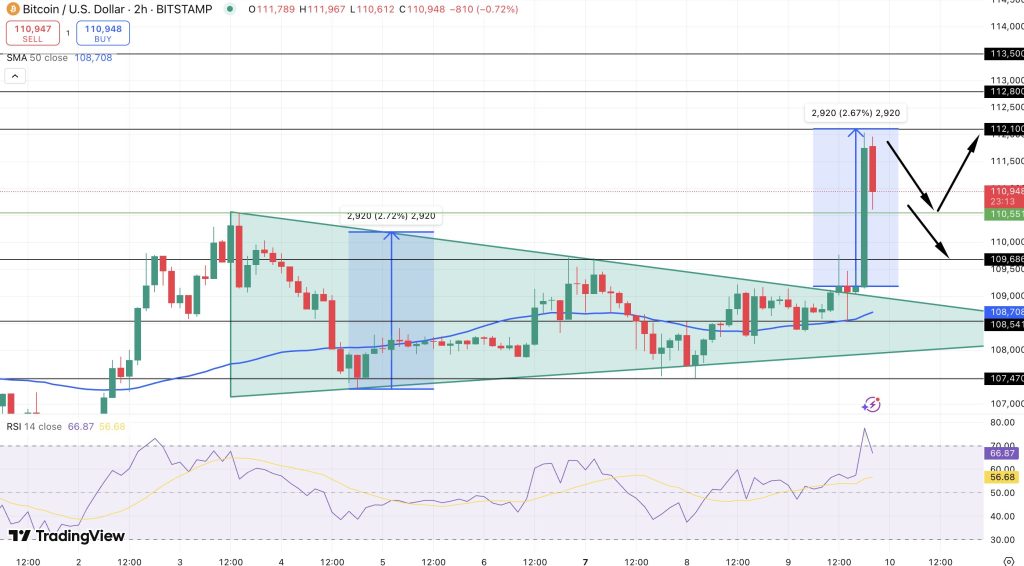In many of the podcast episodes, the guests claimed to know a simple solution to health issues which they believed mainstream institutions were hiding from the public. They often also advertised their products on the podcast.
Cancer researcher Dr Thomas Seyfried appeared on the podcast in October. He is a proponent of using the ketogenic diet, a diet low in carbohydrates and high in fat, to treat cancer.
But Dr Grimes told us doctors warned patients against restricting their diet while undergoing cancer treatment.
“You could potentially and very realistically get very, very, sick and have a much worse health outcome than if you followed recommended advice from your oncologists,” he said.
In the podcast, Dr Seyfried also suggested radiotherapy and chemotherapy only improved patients’ lifespan by one-to-two months, comparing modern cancer treatments to “medieval cures”.
Mr Bartlett did not react to this claim.
Cancer Research UK statistics show that UK cancer survival has doubled in the past 50 years. In the US, the cancer death rate has declined 33% since 1990, thanks to modern treatments.
Dr Thomas Seyfried told us he “stands by the statements that he made in the interview”.
The solutions these guests are offering are appealing to listeners as they feel tangible and come without the side effects of pharmaceutical drugs, says Prof Heidi Larson, an expert in public confidence in healthcare.
“But they [the guests] are way overstretching. It sends people away from evidence-based medicine. They stop doing things that might have some side effects, even though it could save their life.”
Cécile Simmons, from the Institute of Strategic Dialogue, a think tank specialising in disinformation research, believes this type of content can help to grow audiences.
“Health-related clickbait content with scary titles does really well online with the algorithm amplifying that,” she said.
Credit: Source link











